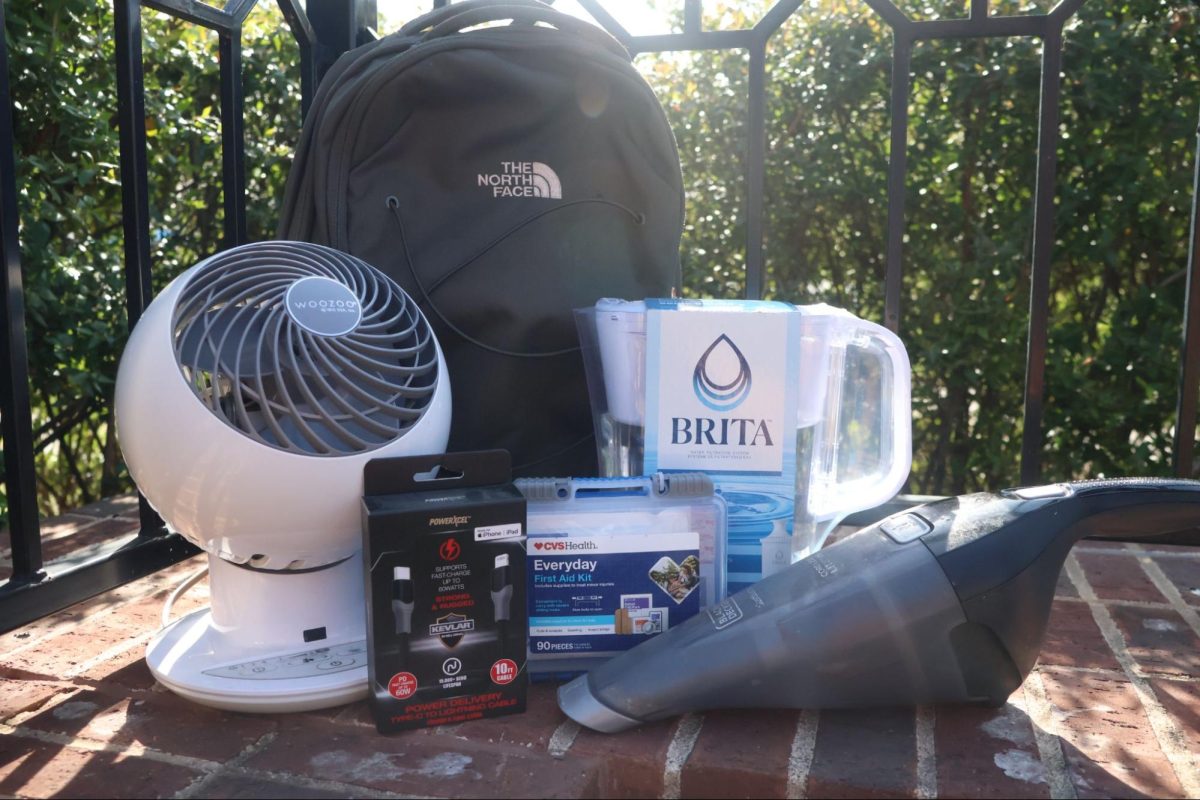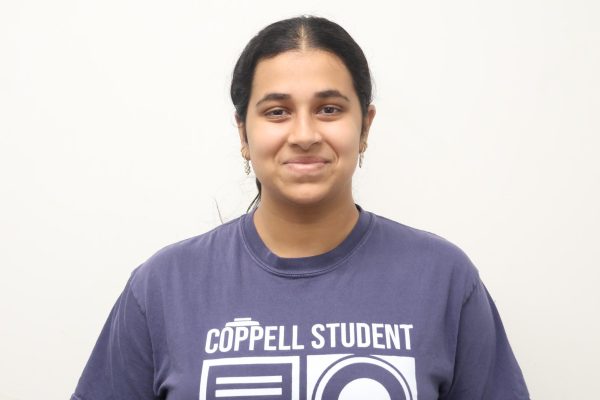“Do you know how to budget, manage your bank accounts or pay taxes?” my mom asked me a few months ago. “You’ll need to know that when you’re older, it’s important information.”
Recently, this question has been plaguing my mind as I inch closer to becoming an adult. When I was younger, I used to dream about getting a job and earning my own money but I never stopped to think about how I would actually manage it.
This is a question pondered by many high school students as they too step closer to being independent adults.
At CHS, Money Matters is an elective course students can take to learn about managing income, budgeting and personal financial literacy.
“Oftentimes, when my students are doing projects like planning a roadtrip, they never realize how expensive gas prices are, or how much lodging costs are,” Money Matters teacher Celia Ahn said. “Helping students see how money management is essential to even the smallest of things is valuable for them to learn.”
Budgeting often involves cutting back on certain expenses that can be considered unnecessary. For some, this may involve eating out in restaurants. Cooking at home is arguably a more effective way to cut costs in food expenses.
“Cooking at home more often has made me more mindful of what I am paying to eat in a restaurant,” sophomore Naba Badshah said “It’s more cost effective to cook because you can buy ingredients in bulk and avoid paying for service charges.”
Making frivolous purchases is also something high schoolers struggle with when it comes to money management.
“Generally at this age, students have disposable income which is asking their parents for money in small increments, but eventually when they get credit and debit cards, making constant trips to the vending machine or getting a coffee everyday is going against their budget,” Ahn said.
Ahn thinks living in a digital world where many people can pay through applications such as Apple Pay is why many high school students do not have to think hard about purchases.
“We are so used to digital currency,” Ahn said. “Putting your phone up and tapping it in order to buy something means we aren’t calculating the implications of our purchase.”
Many students aim to find jobs with reasonable pay to live comfortably without financial constraints but do not plan for how they will get there or how to manage the money they will earn.
“Many students strive to have that six -figure income, but forget to consider how they will get there,” Ahn said. “Financing for college takes a great deal of money and you could be in debt $200,000. Students need to be able to deal with the consequences of debt and their financial decisions.”
Personal financial literacy is not the only life skill that many students do not possess. Cooking, meal prepping, car maintenance and other valuable skills are often not taught in high school.
“Schools should be teaching these life skills that adequately prepare students for so much more than academia,” sophomore Iniya Nandakumar said. “They are just as important and must be taught to younger generations so they do not feel incapable of managing the difficulties of adult life.”
Although high school students may not be very concerned with skills such as cooking and managing finances, they are vital abilities that rising adults need to learn in order to gain success.
Take initiative. It is better to be prepared sooner than later.
Follow Aashi (@aashi_panchal6) and @CHSCampusNews on X.











